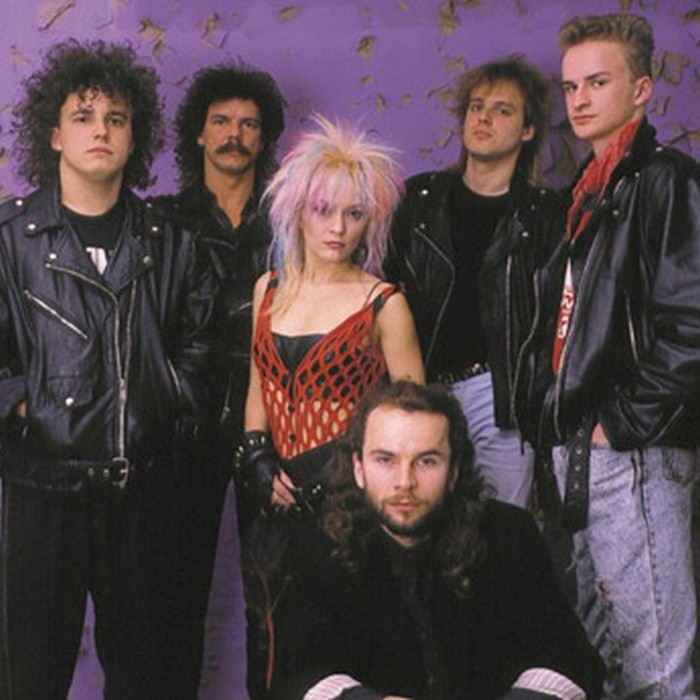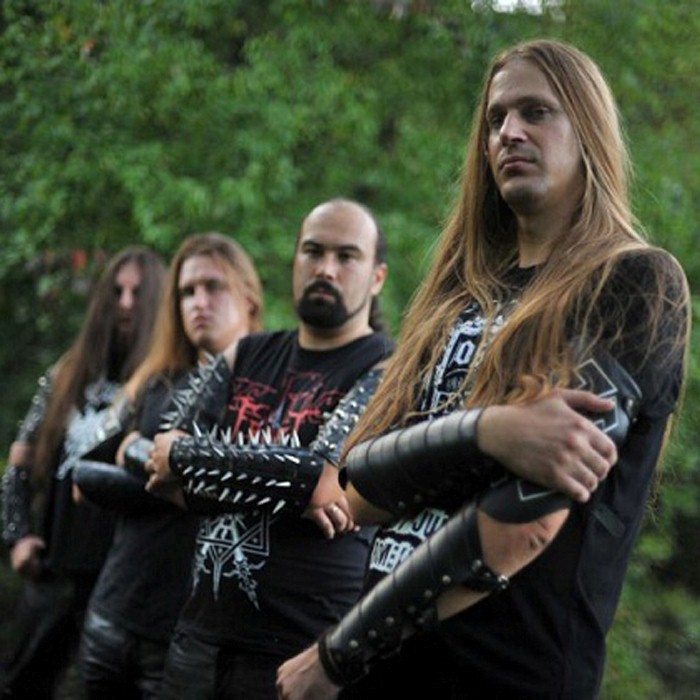Fragment tekstu piosenki:
My jesteśmy rock'n'rollowcami
Pijemy tanie wino, pijemy je litrami
Pijemy tanie wino, pijemy je litrami
Nocą uciekamy z domów
My jesteśmy rock'n'rollowcami
Pijemy tanie wino, pijemy je litrami
Pijemy tanie wino, pijemy je litrami
Nocą uciekamy z domów
The song "Rock'n'rollowcy" by Róże Europy is a vibrant anthem of youthful rebellion, freedom, and defiance of conventional societal norms. Released on their debut album "Stańcie przed lustrami" in 1988, the track quickly became one of the band's recognizable songs, alongside "Mamy dla was kamienie" and the title track itself. This album was recorded in April and May 1988 in Poznań's Studio Giełda.
The lyrics paint a picture of unbridled youth, emphasizing a carefree existence detached from adult responsibilities. The opening stanza immediately transports the listener to a world where "Latem biegamy bez majtek / Ale za to w podartych skarpetkach". This imagery of running naked but in torn socks on dunes among Christmas trees, chasing seagulls, vividly symbolizes a raw, untamed freedom, a rejection of superficial appearances, and a return to a primal, joyful state of being. It's a playful defiance of modesty and an embracing of pure, unadulterated joy. The contrast of "bez majtek" (without underwear) and "w podartych skarpetkach" (in torn socks) highlights a disregard for material possessions and conventional propriety.
The seasonal shift to winter, with its "wielki śnieg" (heavy snow), continues this theme of adventurous recklessness. The protagonists are "na nartach piratujemy po górach / I wjeżdżamy między kolana / Źle wychowanych turystek". This "piratowanie" (pirating/skiing recklessly) suggests not only daring physical feats but also a mischievous, slightly provocative attitude towards others, particularly the "źle wychowanych turystek" (badly brought up female tourists), implying a challenge to established order and perhaps a playful flirtation with taboos. It’s about seizing life with both hands, pushing boundaries, and finding excitement wherever possible.
The chorus, "My jesteśmy rock'n'rollowcami / Pijemy tanie wino, pijemy je litrami", serves as the core declaration of identity. "Rock'n'rollowcy" are not just musicians; they are a lifestyle, an attitude. The act of drinking "tanie wino" (cheap wine) in liters reinforces this image of unpretentious, accessible rebellion. It's not about luxury or sophistication, but about shared experience, camaraderie, and a somewhat bohemian, anti-establishment spirit. This choice of beverage can be seen as a deliberate rejection of consumerism and status symbols, embracing instead a simple, potent form of escapism and celebration.
The second stanza delves deeper into their daily and nightly routines, which are consistently at odds with societal expectations. "Nocą uciekamy z domów / I bawimy się w koktajl-barach / W towarzystwie fordancerek" – this portrays a nocturnal escapism, seeking thrills in dimly lit venues, indulging in fleeting pleasures. The mention of "fordancerki" (taxi dancers) adds a layer of hedonism and perhaps a touch of forbidden fruit, suggesting relationships that are transient and driven by immediate gratification rather than deep emotional ties. They are actively "Kradniemy te dni naszej młodości", acknowledging that their lifestyle is a deliberate act of seizing the moment, perhaps against the wishes or expectations of others, particularly parents or authorities. It's a poignant recognition of the fleeting nature of youth and the urgency to live it to the fullest, on their own terms.
During the day, when "krzyczą obowiązki" (duties call), they defiantly ignore them: "My przesiadujemy w kawiarniach / I pijemy tanie wino / Rozmawiając o dziewczynach". This paints a picture of leisurely defiance, intellectual idleness, and preoccupation with youthful romantic interests. It's a direct contrast to the expected grind of adult life, emphasizing a chosen path of non-compliance and self-indulgence. The conversations "o dziewczynach" ground their rebellion in universal adolescent themes, making their escapism relatable and human.
"Rock'n'rollowcy" has been noted as one of the key tracks from "Stańcie przed lustrami" that helped the band gain popularity. The lyrics for this song, as well as most of Róże Europy's output, were penned by Piotr Klatt, the band's consistent frontman and lyricist since its founding in 1983. Grzegorz Witkowski, a guitarist who was part of the band, is credited as the composer of "Rock'n'rollowcy". Interestingly, there was an earlier version of the song recorded for Polskie Radio Program 3 in 1986, which was known under the alternative title "Młode koty noszą wykrochmalone kołnierzyki". This suggests the theme of youthful identity and rebellion was present in the band's work even before their official debut album. The song's inclusion on an album released during the final years of the Polish People's Republic adds a subtle layer of context, as such expressions of freedom and non-conformity resonated deeply in a society undergoing significant political and social shifts. While not overtly political, the spirit of personal liberation it encapsulates was a powerful message.
The song, with its straightforward yet evocative language, fits into semantic fields of "contestation," "social life," "love," and "sex" within the band's oeuvre, as noted by linguistic analyses of Róże Europy's song titles. It captures the essence of a generation seeking its own path, rejecting the mundane, and embracing a life driven by passion, fun, and a touch of wildness. It's an ode to youth, its transient beauty, and its inherent need to question, defy, and create its own rules.
Interpretacja powstała z pomocą AI na podstawie tekstu piosenki i informacji z Tekstowo.pl.
Twoja opinia pomaga poprawić błędy i ulepszyć interpretację!
✔ Jeśli analiza trafia w sedno – kliknij „Tak”.
✖ Jeśli coś się nie zgadza (np. kontekst, album, znaczenie wersów) – kliknij „Nie” i zgłoś błąd.
Każdą uwagę weryfikuje redakcja.
Zgadzasz się z tą interpretacją?
 Death Grips - Face Melter (How to Do Impossible Things)
Death Grips - Face Melter (How to Do Impossible Things)
 Ewa Demarczyk - Taki pejzaż
Ewa Demarczyk - Taki pejzaż
 Klergy - The End
Klergy - The End
 Lombard - Wstęga Möbiusa
Lombard - Wstęga Möbiusa
 Warren Zevon - Roland The Headless Thompson Gunner
Warren Zevon - Roland The Headless Thompson Gunner
 Lombard - Wąwóz Kolorado
Lombard - Wąwóz Kolorado
 M8L8TH - Шторм над Азовом
M8L8TH - Шторм над Азовом
 Ich Troje - Razem a jednak osobno
Ich Troje - Razem a jednak osobno
 Khors - Востаннє (For the Last Time)
Khors - Востаннє (For the Last Time)
 Radiohead - Go to Sleep
Radiohead - Go to Sleep